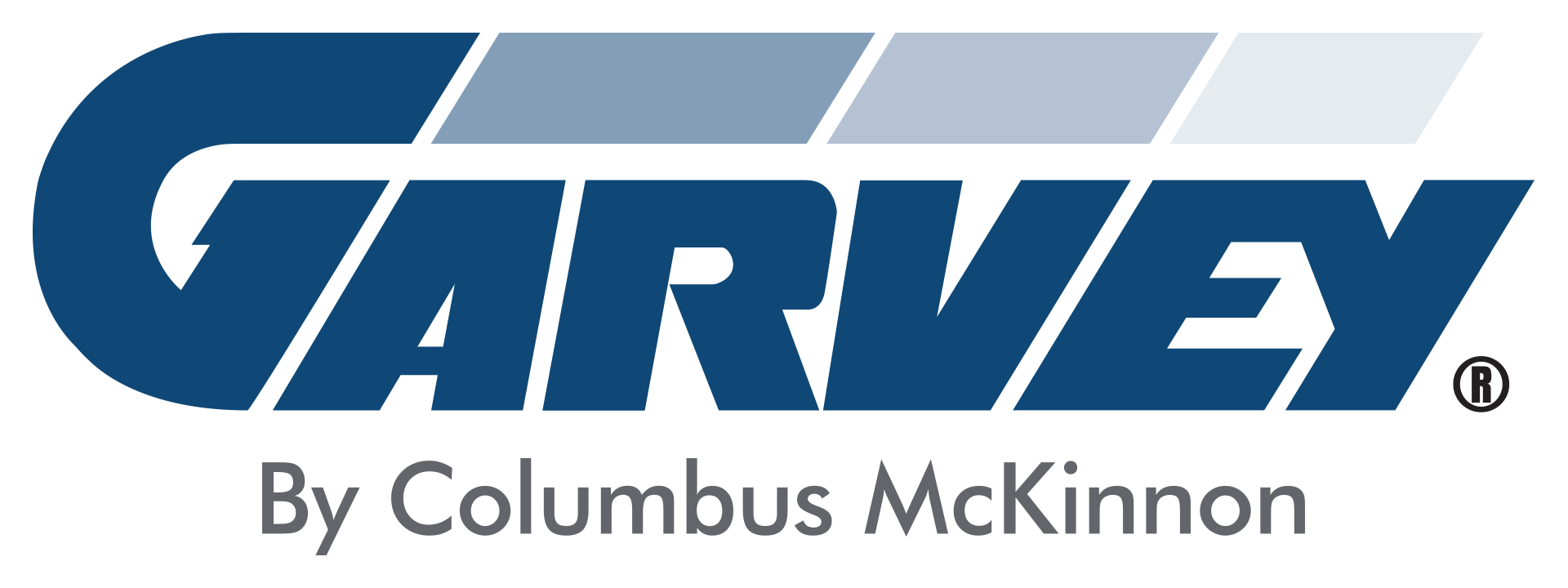When your production line stops, your bottom line takes a hit. Downtime is universally something companies want to avoid and limit as much as possible. Next to safety and environmental incidents, unplanned downtime is one of the costliest events a manufacturer can suffer.
An overwhelming 82% of companies experienced at least one unplanned downtime event in the last three years. Unplanned downtime is an issue many companies have, so if you are feeling stuck, you’re not alone.
Downtime: Planned Vs. Unplanned
Generally, when you hear downtime, it sparks negative connotations immediately. Downtime is defined as any period when machines are not in production and can be separated into two different categories: planned and unplanned.
Planned downtime is a scheduled event where production is stopped to perform maintenance. Daily maintenance might include cleaning, making minor adjustments, and lubricating parts. When the manufacturing plant switches from producing one product to another, product changeover also causes planned downtime.
Unplanned downtime can occur for various reasons, such as equipment failures, accidents, or running out of materials. These stops happen without notice and can last for any length of time, creating huge backups along the production line. The time needed to correct issues depends entirely on having the necessary materials to fix the problem and having the expertise on hand to resolve the issue.
The Cost of Reactive Maintenance
The main reason many manufacturers experience unplanned downtime is due to relying on reactive maintenance processes. Manufacturing plants with inefficient maintenance practices tend to have these challenges in common:
- Pay more for maintenance
- Have difficulty getting spare parts when needed
- Experience poor reliability with equipment
- Rely on manual and paper-based data entry, collection, and sharing
- Have low technician productivity
- Pay more overtime to get work accomplished
- Have large work order backlogs
Research shows that preventative manufacturing methods are better at keeping production running and boosting uptime.
The Benefits of Preventative Maintenance
- Lengthens equipment lifespan
One of the most significant benefits of preventive maintenance is that it lengthens the lifespan of your equipment. Keeping your equipment in good condition allows it to run longer, lowering repair costs. The mean time between failures (MTBF) is a standard metric used by facilities to plan when preventative maintenance should occur to stop equipment from breaking down.
- Increases efficiency
Equipment that sees routine maintenance not only lasts longer but runs more efficiently. Units that undergo preventative maintenance have a higher Overall Equipment Effectiveness (OEE) measurement regarding availability, performance, and quality.
- Promotes health and safety
Health and safety are primary concerns, especially when utilizing industrial equipment. Keeping track of maintenance and history and safety protocols allows operators to oversee all equipment in the facility. This insight can significantly reduce accidents and hazards.
- Boosts customer satisfaction
Avoiding breakdowns through preventive maintenance helps to ensure you meet your production quotas. Delivering high-quality goods on time strengthens brand image and boosts customer satisfaction.
- Saves money
The upfront costs of performing preventative maintenance may seem intimidating, but it is an investment in your company’s future. Emergency reactive maintenance has to accommodate the cost of rushed shipping, the technicians’ compensation, and lost sales revenue and productivity. Worst case scenario, failing to implement a preventative maintenance program properly could require a total equipment replacement.
Preventative Maintenance Programs
At Garvey, our goal is to help you maximize your throughput. Equipment that’s not adequately serviced and maintained can fail for many reasons, which is why we’ve created a new preventative maintenance program for our equipment: Garvey Annual Maintenance Agreements (GAMA).
Contact our service department to learn more about how our team can help eliminate unplanned downtime through our maintenance program.




